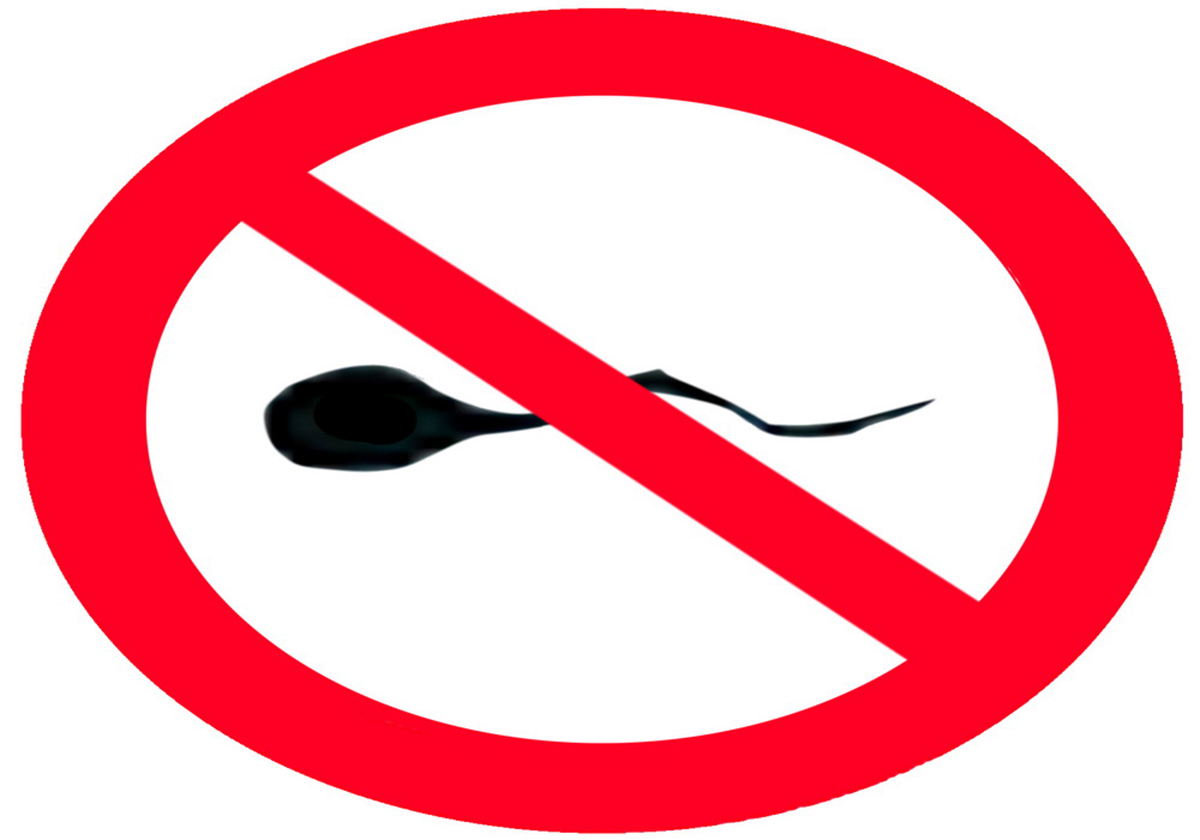Table of Contents
Vasectomy
A vasectomy is the male equivalent of a tubal ligation. The vas deferens, the tubes that carry sperm from the testicles to the penis, are disabled during a vasectomy. The vas deferens are cut and the two ends are stitched or burned closed in a traditional vasectomy. It is now also possible to have them clamped or clipped. The clamping or no-scalpel procedure is as effective as the traditional vasectomy, while the Vasclip procedure seems to be slightly less effective.

As with a tubal ligation, this small surgical procedure does not interfere with the general functioning of the person's reproductive system. A man who had a vasectomy will still produce sperm, but this can no longer be expelled during ejaculation. Instead, it's reabsorbed by the body.
The procedure takes between 20 and 30 minutes and is performed under local anesthesia. It can even be done by a family doctor and is less complex than a female tubal ligation. This is reflected in the price — between $300 and $1000.
Men who have just undergone a vasectomy will feel sore for a while. You can usually have sex after about a week, but be careful! Because sperm can still be present within the reproductive system and because you're not quite sure if the procedure was successful yet, you will still need to use a backup contraceptive. You can ditch that once your two-month follow-up appointment confirms your ejaculate is free of sperm.
While the wait may be a little annoying, it is good to know that a vasectomy is very effective indeed. The vas deferens manage to reattach themselves and let sperm through only in about one in 1,000 men who had the procedure.
Essure Or Adiana
Tubal implants are the latest development on the permanent birth control market. They don't require total anesthesia or surgery — your scarring will be totally limited to your fallopian tubes, which is the point of this procedure. Tiny, rice-grain sized implants are placed into the fallopian tubes with the help of a catheter. The implants irritate the fallopian tubes, scars form around them, and you'll have permanently blocked tubes.
See Also: Complications following Vasectomy
Women who have just had tubal implants will need to use a backup contraceptive for three months, after which an X-ray and dye will confirm that the procedure was successful at blocking the fallopian tubes. Once you know procedure was successful, only total abstention is a more effective birth control method. That also means that women who have had tubal implants have no hope of ever getting the procedure reversed — so think more than twice before you decide you really want this done.
- Photo courtesy of figleaf by Flickr: www.flickr.com/photos/figleaf/3099432038/
- Photo courtesy of mzacha by FreeImages : www.freeimages.com/photo/1182574

